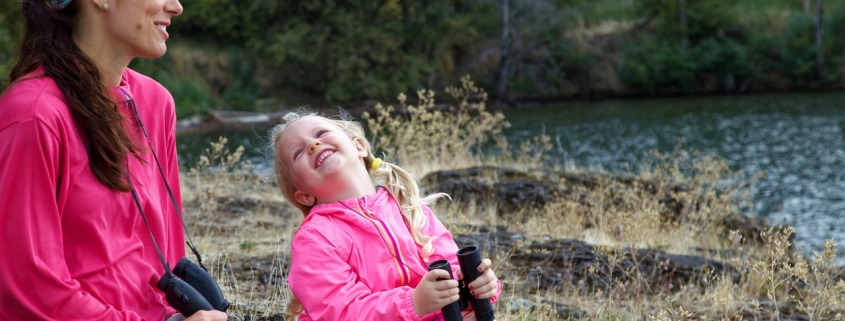Want you or your child to change? Here’s the formula
In our culture we fetishize willpower. We get hooked on the idea that individuals change themselves through the internal flexing of their own will, somehow pulling themselves up by their own bootstraps. We fall into the trap of thinking that we can force others to change through sheer will. Complex and poignant interactions between people become reduced to mere battles, to contests of wills. As parents, we may believe that we need to win, to best our children in these battles with our stronger will. In fact, positive and lasting changes usually do not come from willpower. In fact, there’s a kind of violence to this flexing of will, whether you are wielding it on yourself or on another. Willpower is force. Willpower is unkind. There is a price to be paid for using force. You’ll find that there’s a cost. People don’t like being forced, not even by loved ones, not even by themselves.
Is there another way? Is there a way of building positive and lasting changes? A way that is also kind and nurturing? Fortunately, there is a universal formula for behaviour change. You can apply this formula in changing your own behaviour, in changing your child’s behaviour and in changing the behaviour of other people in your life as well. Once you understand it, it is simple, really simple. Instead of forcing your will upon yourself or another, take the time to truly understand why the behaviour is happening, and then, with kindness and love, you need to rig the game. That is, you need to deliberately build a context that supports the changes you’d like to see and let that context do the work for you. How do you build such a context?
- Make it fun, joyful, meaningful and enriching. We behave in ways that bring joy and meaning to our lives so think about how you can make change as fun and enriching as possible. If you want to begin an exercise program then start by finding a way of exercising that you actually enjoy. Make exercising meaningful by reminding yourself what you are exercising for.
- Make it as easy as possible. Ensure that it is as easy as it possibly can be to change. Consider what would make change easiest for yourself, or your child. For example, if you’d like your child to have a bath with minimum fuss then carefully time bathtime for a time of day when it is likely to be as easy as it can be for your child.
- Remove obstacles. What gets in the way of change? Identify obstacles and remove them. Want to get your family eating healthier food? Remove all unhealthy food from your fridge and pantry.
- Build skills. Identify any skills needed for change and ensure that you and your child have the opportunity to learn them. So if you want to stop yelling at your child, think about what you want to be doing instead and practise that. If you want your child to stop tantruming so often then consider what your child could do instead of tantruming, for example, sharing feelings verbally. Teach this to your child.
- Build supports. Make sure your support network is working for behavioural change. If you want to change how you are parenting then share this aspiration with your partner, a family member or a friend. Work towards change together. It is much easier to change when the task of changing is shared.
- Let go of perfection. You can change. Your child can change. Neither of you will ever be perfect. One of the biggest traps to behaviour change is to think that because you can’t reach perfection you might as well do nothing at all. In fact, every little change makes a difference. So build a context that supports change and if you fail more often than you succeed that’s okay too.
Apply it to your life: Do you have a goal for behavioural change, either in your behaviour or your child’s? How can you apply the formula for change to this? Remember, don’t flex your will. Rig the game.














Leave a Reply
Want to join the discussion?Feel free to contribute!